How to choose metal sandwich panels for prefab home?
With the acceleration of urbanization and the upgrading of building industrialization, prefab homes have become the new favorite of the market with their high efficiency and environmental protection. As the core building material of prefab home, the performance of metal sandwich panels directly affects the safety, thermal insulation and service life of the building. This article will analyze the technical advantages of metal sandwich panels and provide selection suggestions to help you build high-quality prefabricated home.
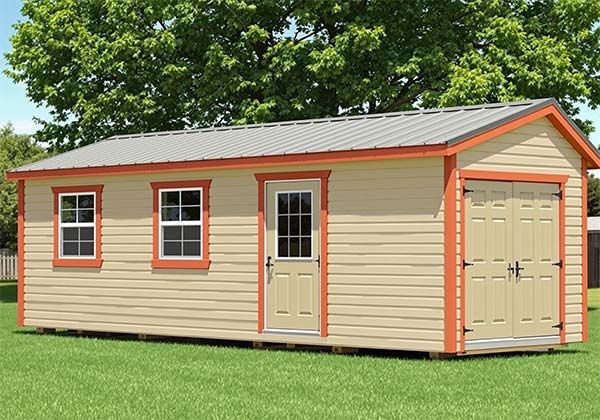
1. Why have metal sandwich panels become the golden partner of prefab home?
The core demands of prefab homes are fast construction, low maintenance costs and multi-functional adaptation, and metal sandwich panels perfectly meet the needs through the following characteristics:
Lightweight and high strength
The metal sandwich panel is composed of two layers of metal panels (color steel plates, aluminum plates, etc.) and core materials (polyurethane, rock wool, EPS, etc.). The self-weight is only 1/5 of the traditional brick-concrete structure, but it can withstand wind loads and snow loads, and is suitable for fast lifting and transportation.
Case: A prefabricated residential project uses rock wool sandwich panels. The main structure of a single house was completed in 8 hours, shortening the construction period by 60%.
Excellent thermal insulation and fireproof performance
The thermal conductivity of polyurethane core material is ≤0.024W/(m・K), and the fireproof grade of rock wool core material reaches A1, which meets the dual requirements of energy saving and safety of prefabricated houses.
Modular design and flexible adaptation
Standardized panels can be prefabricated and processed, supporting customized sizes and functions (such as door and window reservations, pipeline integration), and adapting to various scenarios such as apartments, office buildings, and temporary resettlement houses.
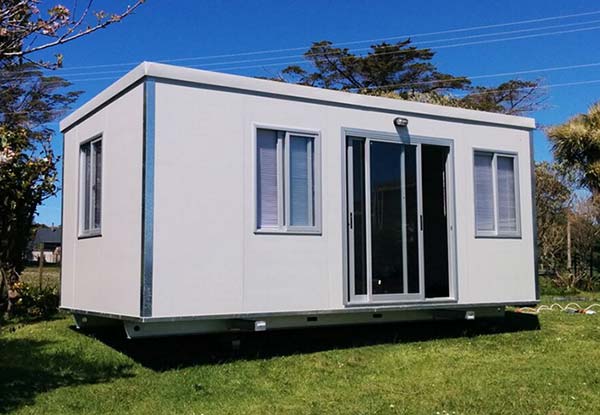
2. How to choose metal sandwich panels for prefab home? Key parameters and scene matching
Based on the use scenarios and performance requirements, metal sandwich panels can be divided into the following types:
| Type | Core Material | Core Advantages | Applicable Scenarios |
|---|---|---|---|
| Polyurethane sandwich panel | PU | Best insulation, fast construction, long service life | Permanent residences, Cold storage facilities, Industrial plant |
| Rock wool sandwich panel | Rock Wool | High fire rating, good sound insulation, high temperature resistance | School, Hospital, Commercial buildings |
| EPS sandwich panel | Polystyrene | Low cost, lightweight and earthquake resistant | Temporary resettlement housing, Simple warehouse |
| Glass wool sandwich panel | Glass Wool | Sound absorption and noise reduction, moisture and corrosion resistance | Laboratory, Data center |
Selection suggestions:
- Cold areas: Prefer 100mm thick polyurethane sandwich panels, with broken bridge connectors to reduce cold bridge effect.
- High-risk areas: Rock wool sandwich panels (A1 fireproof) are a safe choice for crowded places such as schools and hotels.
- Budget-limited projects: EPS sandwich panels are cost-effective and suitable for short-term use scenarios.
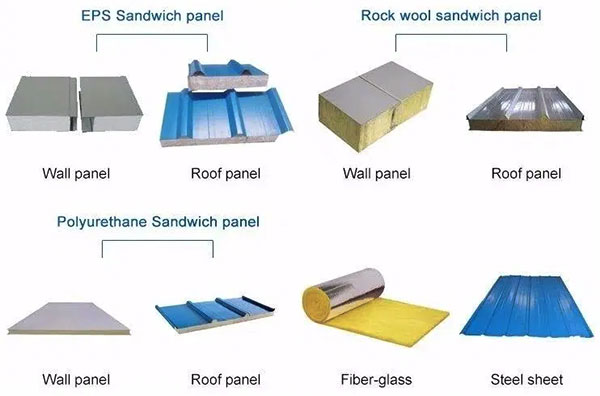
3. Innovative application cases of metal sandwich panels in prefab home
Japanese modular apartment
Using aluminum honeycomb sandwich panels and integrated solar panel design, the house is self-sufficient in energy, and the panel can be recycled at a rate of 90%.
Temporary resettlement housing in Africa
An international aid project uses aluminum-zinc-coated color steel plates + EPS core materials. The cost of a single house is 30% lower than that of a traditional brick house, and 500 sets were built within 48 hours.
Nordic energy-saving villa
The three-story prefabricated villa uses polyurethane sandwich panels + intelligent temperature control system. The energy consumption in winter is only 40% of that of brick-concrete structures, and it has obtained EU energy-saving certification.
4. Future trends of metal sandwich panel prefab home
- Intelligent upgrade: integrated sensors and Internet of Things technology to achieve panel health monitoring and energy consumption optimization.
- Green and environmentally friendly: develop plant-based polyurethane core materials to reduce carbon emissions and meet LEED certification standards.
- Multifunctional integration: sandwich panels have built-in photovoltaic components and rainwater collection systems to create “breathing” prefabricated buildings.
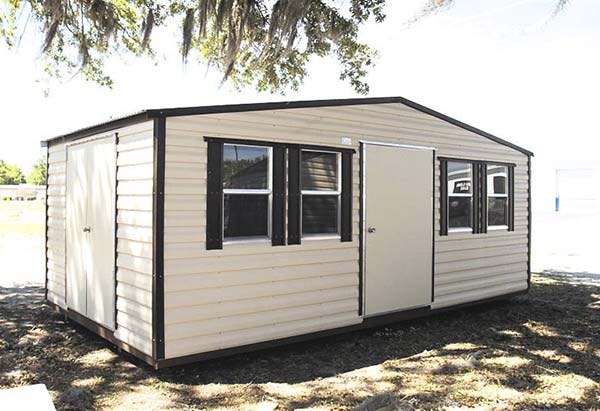
Conclusion
Metal sandwich panels are reshaping the construction mode of prefab home with their high efficiency, energy saving and flexibility. Choosing the right type of sandwich panels can not only improve building performance, but also significantly reduce the cost of the entire life cycle. If you need a customized solution, please contact Canglong Group for professional technical support!


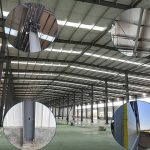

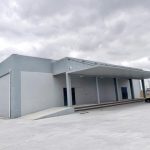
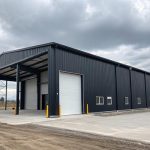
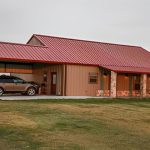
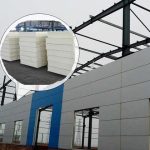
Send us the inquiry form